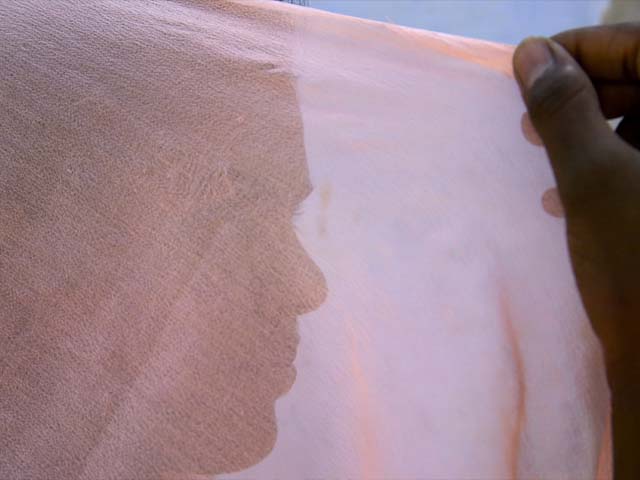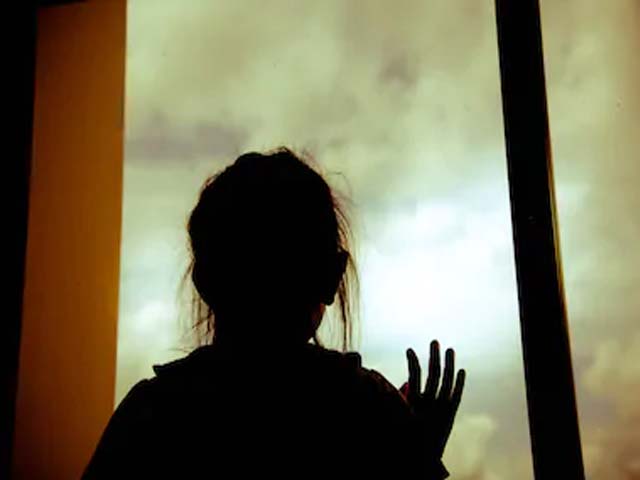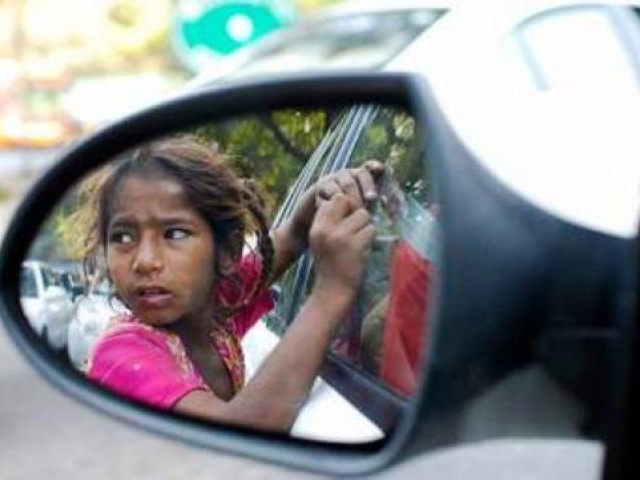
He was penalised for drinking water out of a well
What angers me most is how the society has fallen victim to this prejudiced nomenclature.
O’ lord, my Lord, may I have my wage...? It is dark out now and my boys eagerly wait...
It was a scorching hot day as I tended to your crops... I toiled all day as sweat rolled down in drops...
I felt needles in my throat... my eyes burned with fever... I longed to sit in the shade and have a cool drink of water...
I worked near the tube well, a lot of wood I logged... Yet I dared not quench my thirst for the fear of being flogged...
I am not complaining O’ master... I have known the rules for years...
I am an ‘achoot’, as they call me... I have always lived in fear...
So I will not touch your water... I will not touch your food...
I will take my wage to go home... I will not let myself brood...
We bleed alike. We eat alike. We sleep alike. We piss alike. The basic primal instincts that we possess are all alike. Yet a Bheel Hindu man in desperate need of water is penalised for drinking from the well owned by an ‘upper’ caste Hindu family. Another one is threatened with a blasphemy case when he sleeps with his feet towards the Qibla, or in for example in Aasia Bibi's case, is threatened with blasphemy allegations, spending the rest of her days in prison awaiting death. A girl is abducted, forcibly converted to Islam and is then married by some self-righteous enforcer of religion who feels that it is his personal responsibility to ‘salvage’ her world and her hereafter. These are all very real incidents that have happened in this country and still prevail. I read many cases of ‘upper’ caste Hindus mistreating the ‘lower’ caste Hindus, as it has been happening for ages and this is not news to anyone.
What angers me most is how the society has fallen victim to this prejudiced nomenclature? Who gave them the right to call themselves the ‘upper’ class and then dub the others the lower class? Many say it was backed with religious beliefs, but even so, as the society transitions, why are we still calling them the upper and lower class?
Nomenclature is where it all starts. Fair is beautiful and dark is ugly. White is pure and black is evil. ‘Upper’ class is allowed to perform sacred religious rituals and the ‘lower’ class is not. But why? Do they have super powers, extra limbs or do they bleed gold and sh** unicorn glitter? Yes, it is most definitely as absurd as it sounds.
The plight of these Hindu communities, in terms of financial resources as well as religious respect, within their own community is heart-wrenching. However, I would like to point out that this prejudice and discrimination stems from the poisonous roots of the caste system than religion itself. Those referred to as lower caste Hindus are ignored by influential Hindu and Muslim classes, alike. As usual religion has been handcuffed as the culprit, while the real offender is on the loose. That offender is the caste system which plagues not only the society across the border, but also our own ranks.
In the subcontinent, Muslims have hidden their own prejudice under the brighter, more conspicuous banner of Hindu bias. We talk and talk about the caste system among the Hindu community and how their religious interpretations back the unjust practices of their society. However, we choose to ignore the rather giant elephant in the room, which is our own caste system.
It is true that even the poorest Muslim classes are not as mistreated as the downtrodden Hindu classes. However, we are just as divided among ourselves as they are. Rajputs marry Rajputs. Syeds marry Syeds. Chaudrys and Maliks also prefer to marry into castes they consider their ‘equals’. The ones we employ to scrub our toilets and clean our houses are considered the ‘lower’ caste, called Mussalis. Other offensive names given to the hard working class of these Muslims are Kammis, Chuhras or Marasis.
Take a minute to really think about these names. It is nomenclature yet again. Offensive nomenclature designed to humiliate and suppress. Unfortunately, it spreads to other provinces besides Punjab too. Caste levels like these have been in practice due to either the specific trade or profession that they may assume or their financial standing.
Whatever the origin of this bigotry may be, it has undoubtedly existed for ages. It has been ingrained in our minds so deeply that it has become digestible. It has become routine and that is the most dangerous aspect of it all. How such inbred hatred and self-anointed supremacy has become routine is our complacency towards it. The upper class liberals will now look down their noses and talk about the plight of ‘those who can’t fight for themselves’ yet would not dare come down their pedestal to give a chance to equality. Thus, it is with nonchalance that people watch the penalisation of a Bheel Hindu by his overlords for drinking water from their ‘sacred’ well.
It is with shrugging indifference that we give leftovers to the hardworking maids in our homes as they are from the ‘lower’ caste. Thus, how can a Pakistani Muslim be sensitive to the woes of the poor Hindu community in Pakistan when most of us keep separate utensils in our kitchens for the maids who belong to the so-called ‘lower’ caste but are also Muslims? Thus the discrimination is not religious at all. It is in our heads, cemented to perfection and very hard to uproot but what is the harm in at least trying?
[poll id="517"]




COMMENTS (6)
Comments are moderated and generally will be posted if they are on-topic and not abusive.
For more information, please see our Comments FAQ